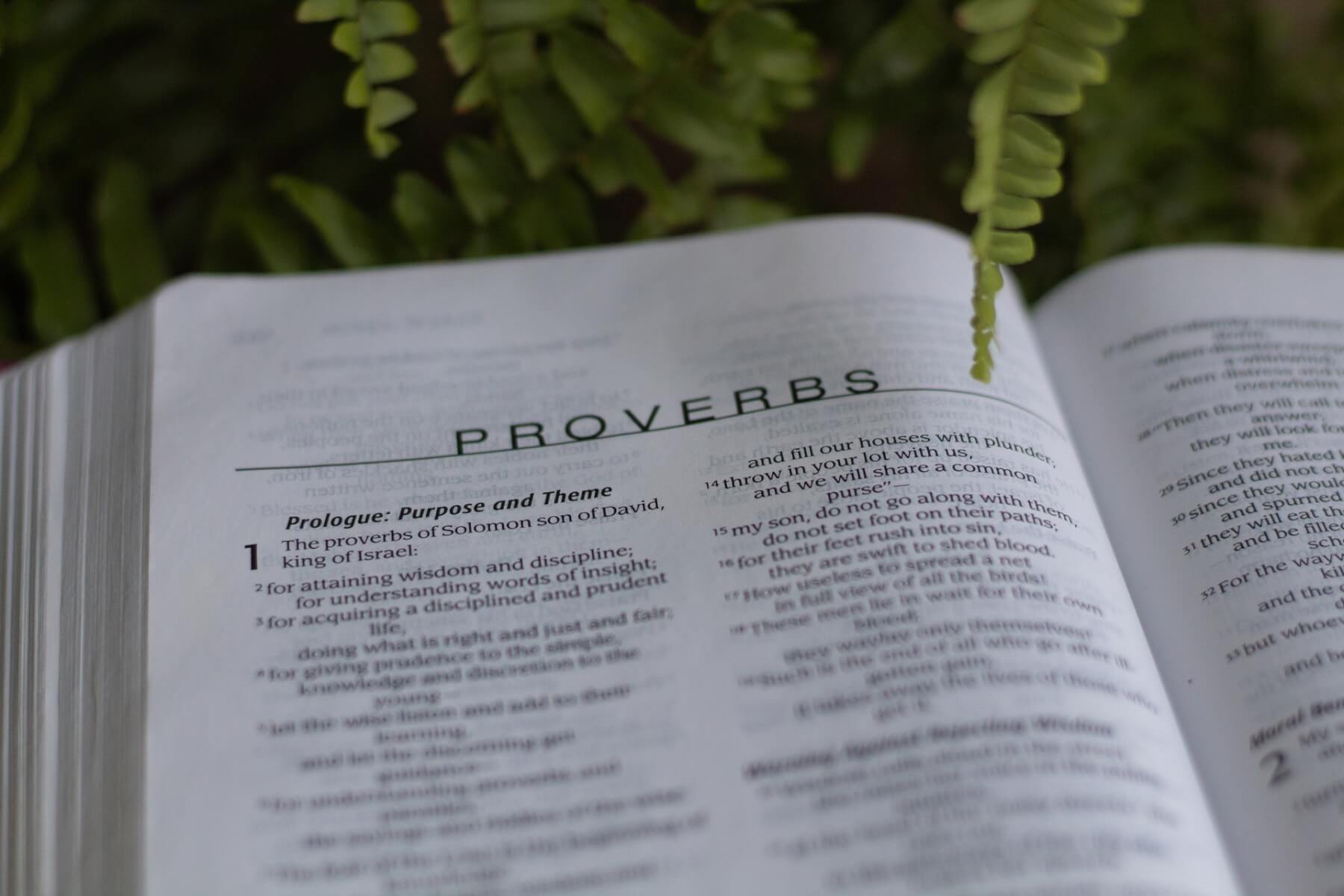The Scriptures may not discuss spanking explicitly, but they undoubtedly endorse disciplining our offspring. However, the suitability of spanking as a means of discipline remains a topic of discussion.
Pediatricians, social-science departments at higher education institutions, child-rights advocates and publications like Psychology Today are all opposed to spanking. The American Academy of Pediatrics says that corporal punishment has potential deleterious side effects and is of limited effectiveness.
These raise legitimate concerns. Even discipline that was initially considered legal can easily go beyond its limits. Many who oppose spanking lump all corporal punishment in one bucket, without distinguishing between wise or foolish parental correction and discipline – as if factors such as timing, dosage, implementation, and advance instruction didn’t matter.
So, what does the Bible say about spanking?
What Does the Bible Say About Children’s Obedience?
The Bible is clear throughout that children are to obey their parents.
Children, obey your parents in the Lord, for this is right. “Honor your father and mother” (this is the first commandment with a promise), “that it may go well with you and that you may live long in the land.” Fathers, do not provoke your children to anger, but bring them up in the discipline and instruction of the Lord. (Ephesians 6:1-4)
But anyone with children knows they won’t always obey. And that’s okay. But it means husband and wife we have an important job as we seek to “bring them up in the discipline and instruction of the Lord.”
Should we do it by spanking?
What the Bible Says About Spanking and Discipline
Most Christian parents who are in favor of spanking are big fans of the book of Proverbs. Proverbs has much to say about discipline, and uses the word “rod” a handful of times:
- Whoever spares the rod hates his son, but he who loves him is diligent to discipline him. (Proverbs 13:24)
- Folly is bound up in the heart of a child, but the rod of discipline drives it far from him. (Proverbs 22:15)
- Do not withhold discipline from a child; if you strike him with a rod, he will not die. If you strike him with the rod, you will save his soul from Sheol. (Proverbs 23:13–14)
But does “the rod” refer to spanking? Is it appropriate to think about corporal punishment when we read these passages?
We think so. A rod is intended to awake attention and is regularly used in the context of correction or discipline throughout the Bible.
When applied with love and wisdom – and not from a place of anger, control, or insecurity – spanking can be a useful tactic in lovingly disciplining our kids. If we spank out of anger, we’re hypocrites.
Looking to Others in Regard to Spanking
Godly parenting goes beyond establishing authority. Establishing authority takes more than a rod. With such heavy words in Scripture concerning the rod’s usage, young parents should be open to learning the whys and hows.
Some Christian parenting books include helpful references to the rod. Rachel Jankovic provides joyful vision-casting to discipline in Loving The Little Years. Ginger Hubbard’s Do Not Make Me Count to Three is very practical. Tedd Tripp also has a chapter on the “rod” in Managing a Child’s Heart.
However, I would like to see parents of millennials reaching out to the previous generations of parents who were successful in this endeavor and asking them simple practical questions.
- What are your methods for disciplining lovingly?
- What are you disciplining for?
- What discipline methods do you use?
- What do you use to pray with your child after you have disciplined them?
It is best to learn from those you trust and respect. This would be ideal if you grew up in a family that did this well. It’s difficult to see the vision if you don’t have the support and influence needed–as many of my millennial peers did not.
It would be a joy to hear from young parents who are willing to share their experiences and ask for help. It would be great to see more parents who are willing to share their experience and risk appearing obtuse. Leaning in and engaging too much is far better than erring on the side of abandoning them or becoming distant.
Biblical and Wise Spanking
First, we need to realize that the perfect loving Father uses a rod.
We need to be a model of acceptance of correction. We need to let our children see us admitting to your sins and repenting.
We need to be aware of both overreactions and underreactions. Parents mistakenly think that every wrongdoing is a sin. Some parents also ignore the God-appointed rod completely. The God-appointed rod should not be used for defiance.
It should be used only for a short period of time and to encourage responsibility and self-restraint. Spanking should not be done based on whims, weariness, emotions or impulses – just because our child was dancing a little crazy or – God forbid – listening to secular music.
Spanking should not be done based on whims, weariness, emotions or impulses but rather according to clearly communicated boundaries. God is giving fair warning when he says things like “Lest I come to strike” ( Malachi 4:16). God has already communicated the ground rules from the beginning of the Garden of Eden. God does not punish without linking it to an earlier command. After being warned, he is quick to act and sureness are his tools.
We need to understand that wise spanking has boundaries. We shouldn’t injure our children or spank out of anger in a way that leads to serious harm. This can lead to a toxic relationship with our kids. Tender follow-up is essential for healthy spankings.
Lastly, spanking must not be the only tool in the parenting toolbox. It should be used alongside other tools. Wise parents do not start with spanking. They use other methods first: interruptions, rewards, disapproval, loss of privileges, restitution, and “the look” of rejection. The discipline should fit the disobedience. If your child gets a tattoo – spanking might not be the best approach. Let’s make sure we’re giving our children fair trials.
The Heart of God in Discipline
We are ambassadors for our children. Ambassadors of grace and love, joy, and order. We are ambassadors for God’s heart. To show our children the Lord, we must love our kids as he loves them. Although we don’t know what will happen to our children when we discipline them we can make certain that God does.
This is God’s heart in discipline. This is the kind of discipline we should imitate as we walk in faith through the complex, joyful, and immensely worthwhile responsibility that is parenting.






Comments are closed.